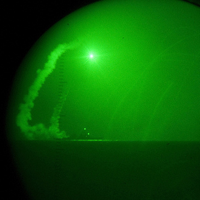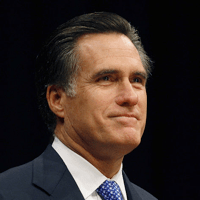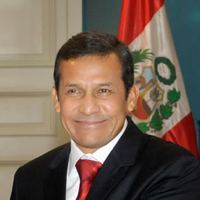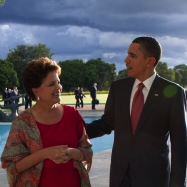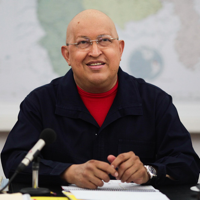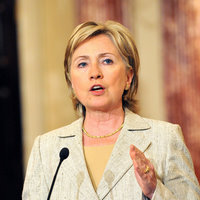
With President Barack Obama’s announcement last week that all U.S. troops will be out of Iraq by the end of this year, most Americans breathed a sigh of relief. Lost in those headlines was the collective shudder of national security experts and practitioners who know Washington’s dirty little secret: More than 10 years after the war against violent extremism began, the United States still lacks true deployable civilian power. The handover in Iraq from the Defense Department to the State Department at the end of this year will showcase this Achilles’ heel, one that will haunt U.S. foreign policy until […]

